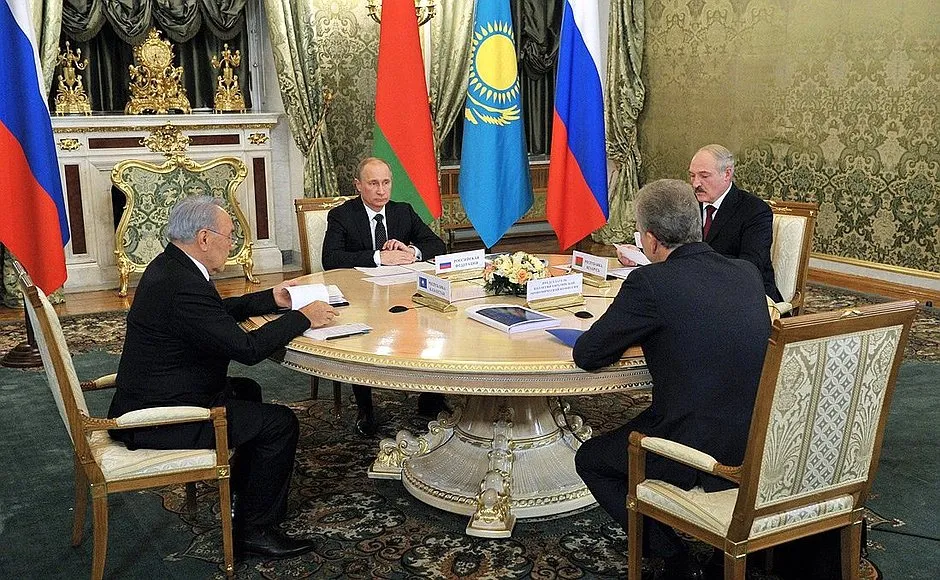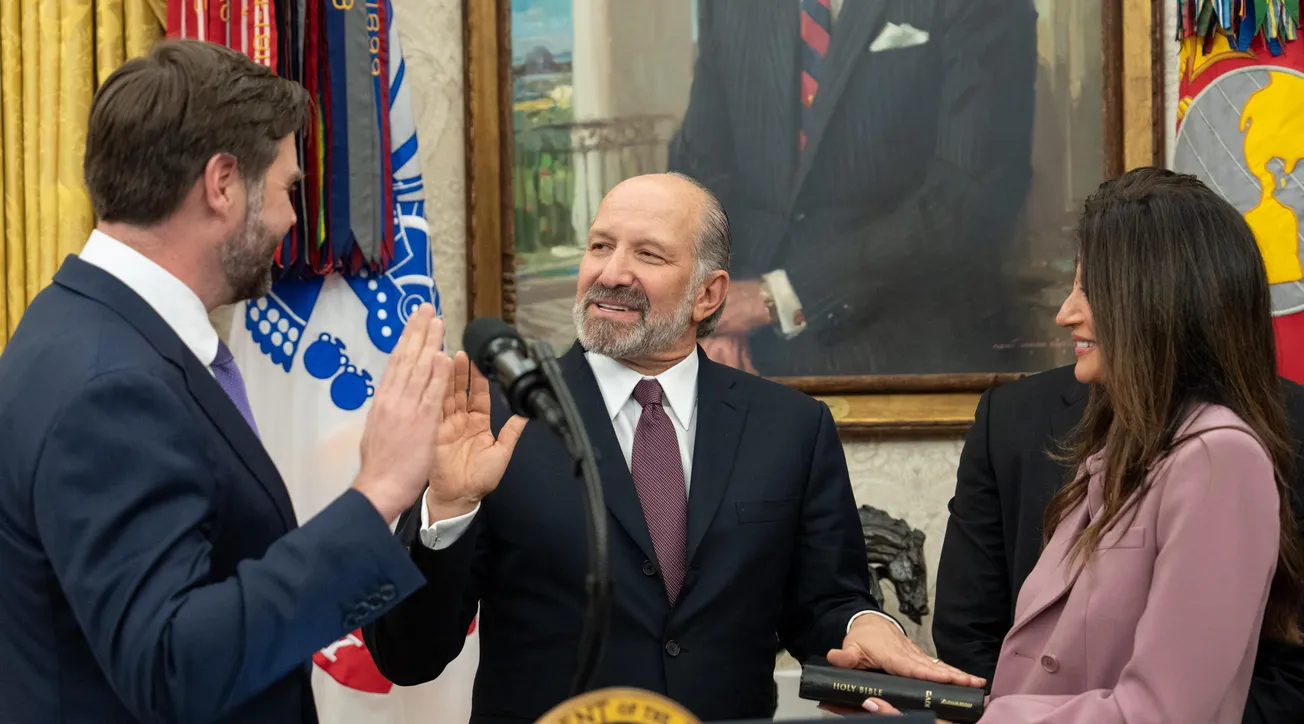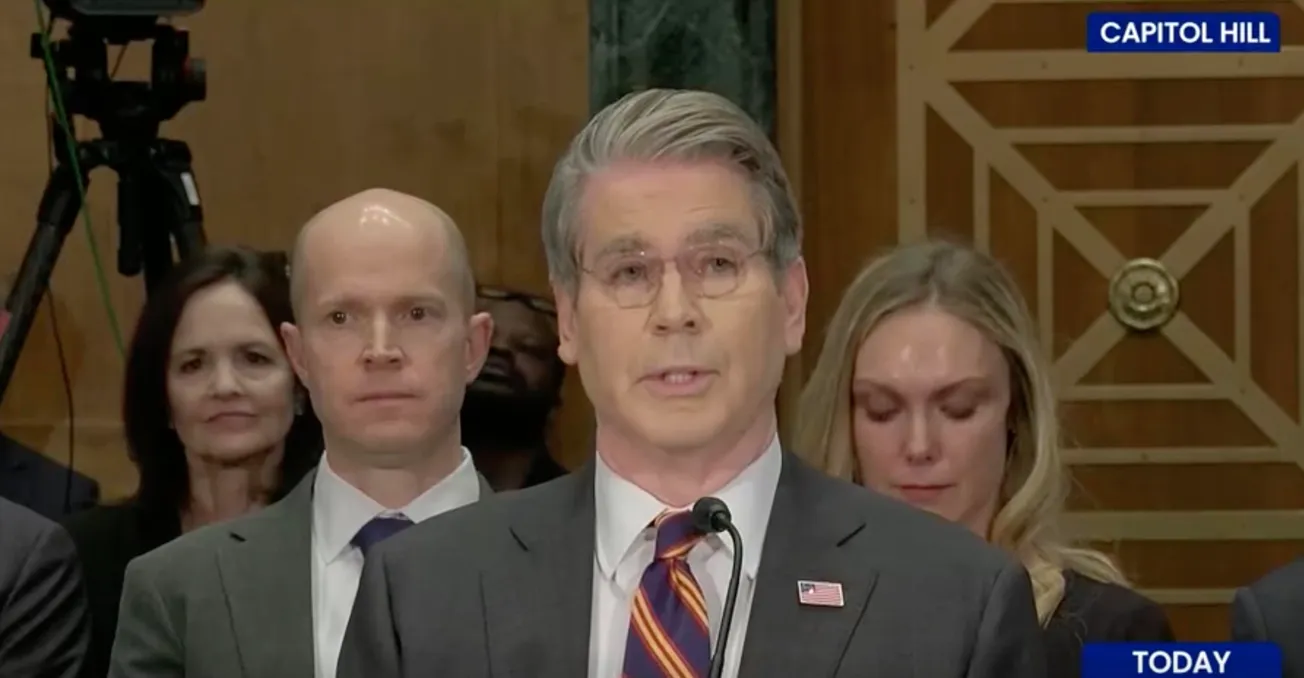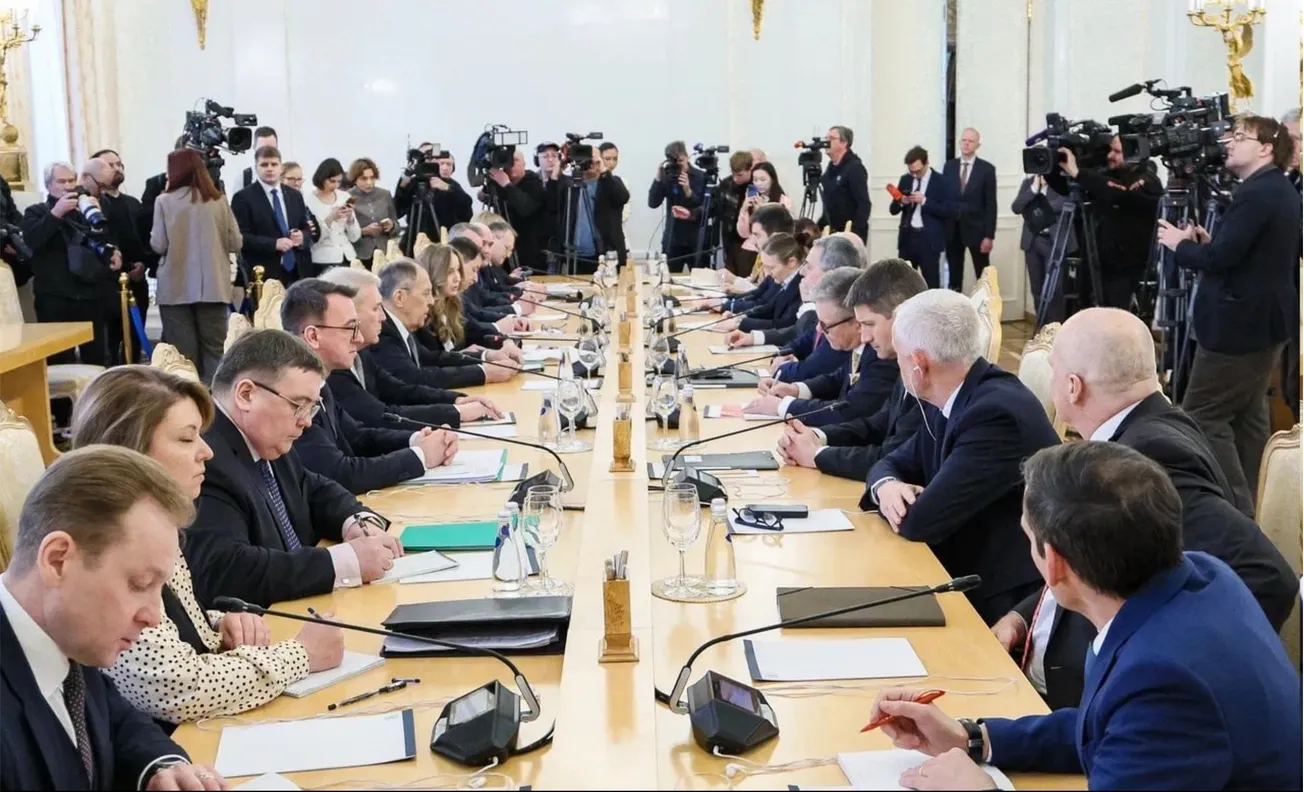The Eurasian Economic Union (EAEU), an organization for economic integration and development of the “Eurasian space,” as Russian President Vladimir Putin likes to call it, will meet Dec. 25-26 in St. Petersburg. The EAEU, formed in 2014, has five permanent member states: Armenia, Belarus, Kazakhstan, Kyrgyzstan, and Russia. This year, the group will admit Iran as an observer, that will invigorate Iran’s economy, which remains under intense sanctions and attack from the West.
The EAEU will strengthen itself by signing at this meeting, “a number of documents on forming a unified customs transit system, a common electricity market, and a single market for services,” reports the Dec. 24 Iranian PressTV. On Dec. 26, EAEU leadership body, the Supreme Eurasian Economic Council will meet, whose participants will include President Putin, Armenian Prime Minister Nikol Pashinyan (the meeting’s chairman), Belarusian President Aleksandr Lukashenko; Kazakhstan’s President Kassym-Jomart Tokayev; and Kyrgyzstan’s President Sadyr Japarov.
Iran will now have access to an EAEU market whose member countries represent 190 million people. Consequently, Iran will not have to pay 90% of the customs duties on the goods it exports to EAEU countries, which non-members or partners pay. It is estimated it will save Iran $300 million. Further, Iran can now expand its exports. Moldova, Uzbekistan and Cuba are also EAEU observer member states.
A map of Iran shows to its northeast is Turkmenistan, and to the east of that are EAEU members Kyrgyzstan and Kazakhstan, plus observer Uzbekistan; thus, it is a natural for Iran to be related to the same organization as these Central Asian nations.
On Dec. 25, at President Putin’s initiative, the traditional meetings will be held, also in St. Petersburg, of the heads of state and government of the Commonwealth of Independent States (CIS), comprised of Azerbaijan, Armenia, Belarus, Kazakhstan, Kyrgyzstan, Moldova, Russia (this year’s CIS chair), Tajikistan (CIS chair in 2025), Turkmenistan, Uzbekistan and Ukraine. (Putin has noted that Moldova and Ukraine have been nominal participants, and not involved in CIS work.) After the formal meetings, “the leaders will be able to communicate with each other in an informal setting and exchange views on current international issues,” according to TASS. The CIS was formed in 1991, among former Soviet states, to deal with areas such as trade, and military policy.





